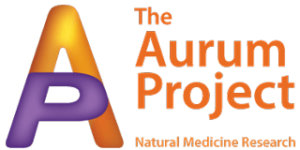The Aurum Project Incorporated is a not-for-profit Australian research organisation dedicated to advancing the understanding and practice of homeopathy in Australia. The Aurum Project Incorporated is the peak body for homeopathic research in Australia and operates as a Teal Organisation.
ABN: 45 162 173 707



